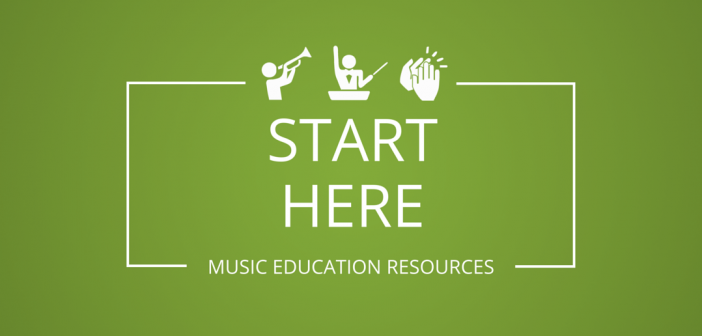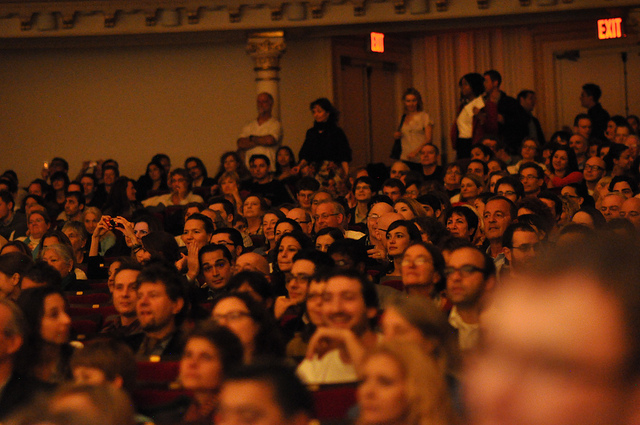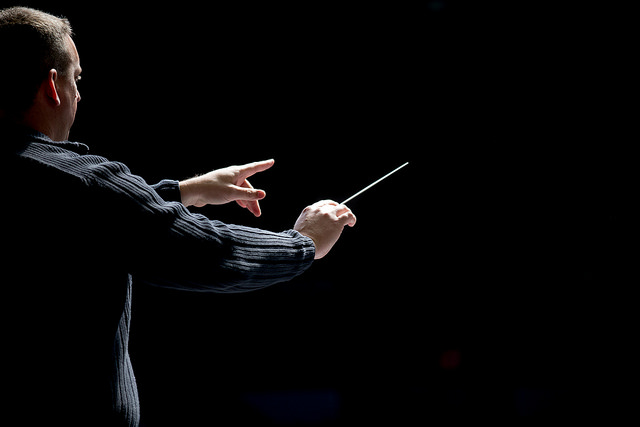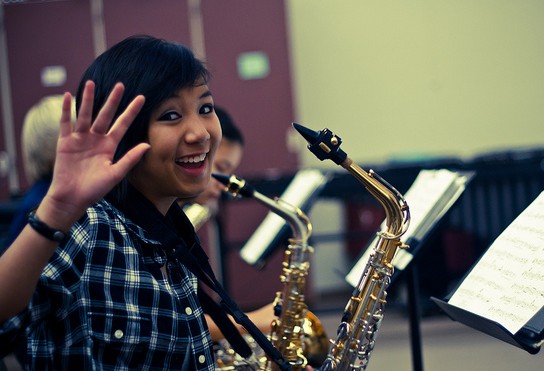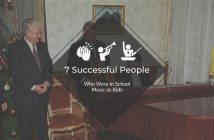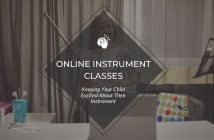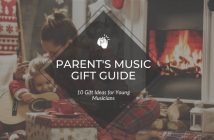You’re in the right place…
This is for people who may not be familiar with Kincaid’s Is Music — as well as those Kincaid’s veterans who want an easy way to locate the incredible content we offer as it becomes available.
We want you to know who we are and what we stand for.
But more importantly, we want to come alongside you – someone who finds music education an important part of the human existence – and give you the best collection of tools and resources to help you do your part in developing great musicians.
Developing quality student musicians isn’t easy – it’s a process…
But it’s well worth the effort.
In fact, there are three main cogs that are integral to helping a child grow in their musicianship. Those three things are found nearly everywhere you find great musicians.
- supportive parent(s)/guardian(s)
- quality music educator(s)
- an intrinsic desire to become a great musician
Don’t get me wrong – I’m not saying that if any of these are missing, that a child can’t become a great musician.
However, if all three of these things are in place, it will virtually guarantee their success.
It’s likely you will find yourself fitting neatly into one of those roles, but others of you may find yourself filling more than one.
We’ll examine each of these important pieces on this ‘START HERE’ page and point you to the resources we have for each one so you can go deep, learning how to best fulfill your role(s) in helping music education thrive.
Many of the resources are available for free on the Kincaid’s blog. Other resources are available in the form of affordable instruments or instrument accessories, as well as experts who can come alongside you and help you achieve your goals.
Yes, we sell stuff.
But it is simply a means to an end.
Renting or selling instruments and their accessories, as well as providing services like instrument repair, or even coming alongside music educators on a regular basis, provides us with the means to assist children, parents and music educators in building better music programs.
We can’t do it alone, though. Each person must do their part.
1. Supportive Parent(s)/Guardian(s)
What does it mean to be a supportive parent or guardian, especially as it relates to music? Is it just a matter of making sure your child has an instrument, or is there more to it than that?
Helping them obtain a quality instrument is certainly a good place to start, but it doesn’t end there.
There are many things parents can do to support their children’s musical ambitions directly.
- arrange for a quiet, comfortable place to practice
- help them find recordings of professionals who play the same instrument
- spend time listening to them practice
- encourage them to persevere in the midst of their struggle to improve
- enroll them in private lessons
- attend their performances (I can’t stress this enough!)
- have your child teach you how to play their instrument
Indirectly, they can come alongside their child’s music educator(s) and other music parents to assist the music program as a whole by
- chaperoning for trips or special events
- assisting in fundraising efforts
- becoming a member of the booster organization
- building props or sewing flags for the marching band
Of course, these lists aren’t exhaustive. Supporting your child in their musical education can be as creative as your mind will take you.
Most importantly, it provides you with a wonderful opportunity to spend time with your child doing something they enjoy – strengthening the bond between you and empowering them in their musical and personal growth.
RESOURCES FOR MUSIC PARENTS
Help Your Child:
- The Ultimate Musician’s Practice Guide (COMING SOON)
- Buying vs Renting – Obtaining Your Child’s Instrument
- It’s Summertime! 7 Tips for Summer Music Practice
- Marching Band Camp Checklist
- Avoiding Instrument Shaped Objects (COMING SOON)
- Summer Instrument Rentals: FAQ’s for Parents
- How to Have Proper Concert Etiquette
- The 7 Best Instrumental Music Camps in the Midwest
- 9 Ways to Support Your Child’s Musical Growth (COMING SOON)
Help Their Music Program:
- Band Directors: Education’s Toughest Job?
- Creative Fundraising Ideas for your Booster Organization (COMING SOON)
The more supportive you are of your child’s musical growth, the more your child’s band or orchestra director can focus on music education rather than the many things that can distract them from helping your child.
And all of these things support music education as a whole. With each parent doing their part, not only will each child thrive, but so will the entire program.
2. Quality Music Educators
The only people who understand the difficulty of the job music educators face are…
…other music educators – and us.
The long hours and shorter summers seem to go unnoticed by most. Heck, many building principals don’t understand how many hours you put in. You wear more hats than you care to admit and are often stretched thin trying to keep up with everything in your program.
But how can you be a quality educator yourself if you’re constantly fighting battles that keep you from spending time preparing to help educate the students under your care?
Many of those battles revolve around needing
- more time
- more money
- more volunteers
- more or new ideas
- an assistant director
- a supportive community
- more supportive administrators
…and the list could go on!
RESOURCES FOR MUSIC EDUCATORS
Help Your Students:
- The Ultimate Musician’s Practice Guide (COMING SOON)
- Buying vs Renting – Obtaining Your Child’s Instrument
- Avoiding Instrument Shaped Objects (COMING SOON)
Help The Music Program:
- The #1 Most Important Thing Music Directors Do Each Year (COMING SOON)
- Creative Fundraising Ideas for your Booster Organization (COMING SOON)
- 5 Ways to Uncover Hidden Money for your Music Program (COMING SOON)
Help Yourself:
- Band Directors: Education’s Toughest Job?
- The Importance of Knowing and Maintaining Your Priorities (COMING SOON)
- Organizing Your Music Library (COMING SOON)
What would your music program be like if you
- spent less time pushing paperwork and more time helping students one on one
- invested less energy fundraising and more in score study and lesson planning
- spent less effort searching for resources and more effort learning from them
- could delegate more tasks so you could add additional performance opportunities
Children will only receive a quality music education from quality music educators. Learning to become the best you can be for your students is more important than ever.
3. An Intrinsic Desire to Become A Great Musician
A child can find themselves in quite an enviable position – supportive parents meeting all their needs, under the direction of the best music educators around.
But if they don’t have the drive to become a better musician, there is little anyone can do. We’ll help feed that drive and fuel their passion, because music is our passion.
RESOURCES FOR STUDENT MUSICIANS
Help Your Child:
- The Ultimate Musician’s Practice Guide (COMING SOON)
- It’s Summertime! 7 Tips for Summer Music Practice
- Marching Band Camp Checklist
- Avoiding Instrument Shaped Objects (COMING SOON)
- How to Have Proper Concert Etiquette
- The 7 Best Instrumental Music Camps in the Midwest
Help By Instrument:
- Flute (COMING SOON)
- Clarinet (COMING SOON)
- Saxophone (COMING SOON)
- Trumpet (COMING SOON)
- Trombone (COMING SOON)
- Low Brass (COMING SOON)
- Percussion (COMING SOON)
- Violin/Viola (COMING SOON)
- Cello/String Bass (COMING SOON)
We’re here for you.
Kincaid’s is here for all your musical needs. Whether you’re a parent/guardian, music educator, musician, or any combination of these, we want to be your partner in all you do to support, educate, and make music.
Music education is in our blood, and we want to share that with you so you can share your music with the world. So go ahead and explore.
Find the content that’s right for you, and we’ll keep adding more, because that’s what we do.
You’re in the right place.
And we’re here for you.
photo credits: “Goran Bregovic at Carnegie Hall” by Veni is licensed under CC BY 2.0; “Practice. Practice. Practice.” by Phil Roeder is licensed under CC BY 2.0; “Oh Hai Mai” by Cubmundo is licensed under CC BY-SA 2.0

